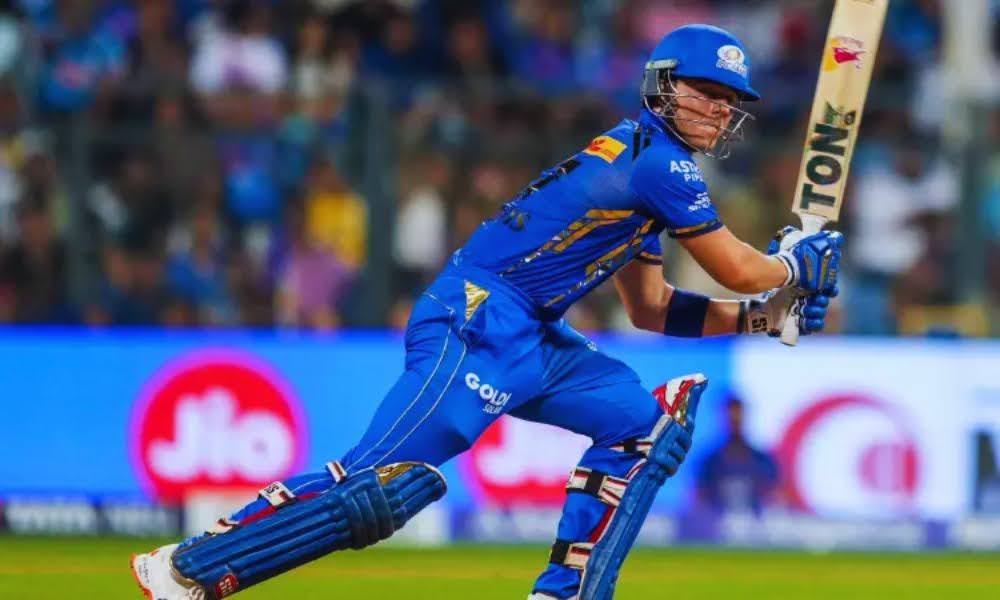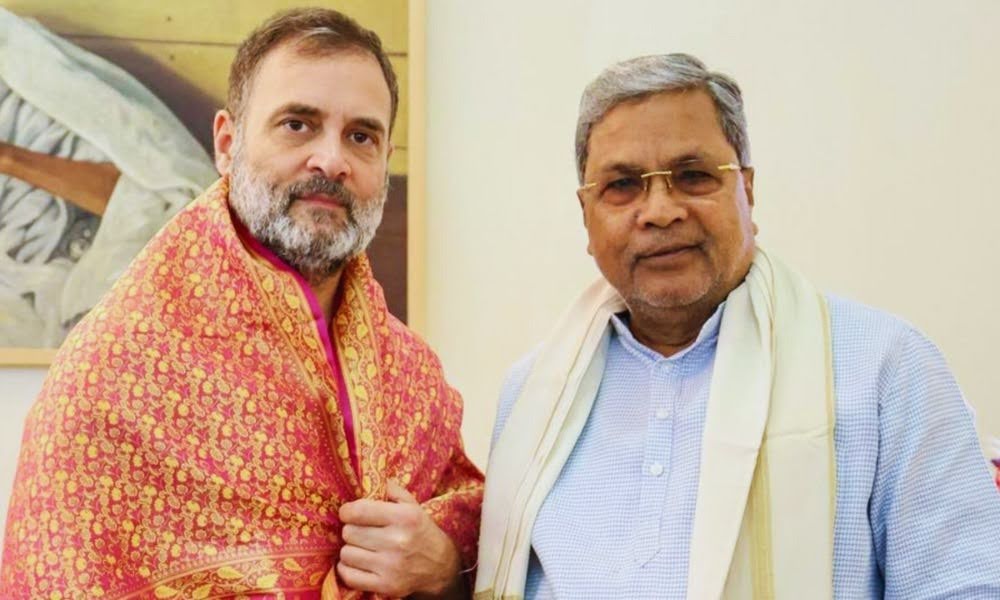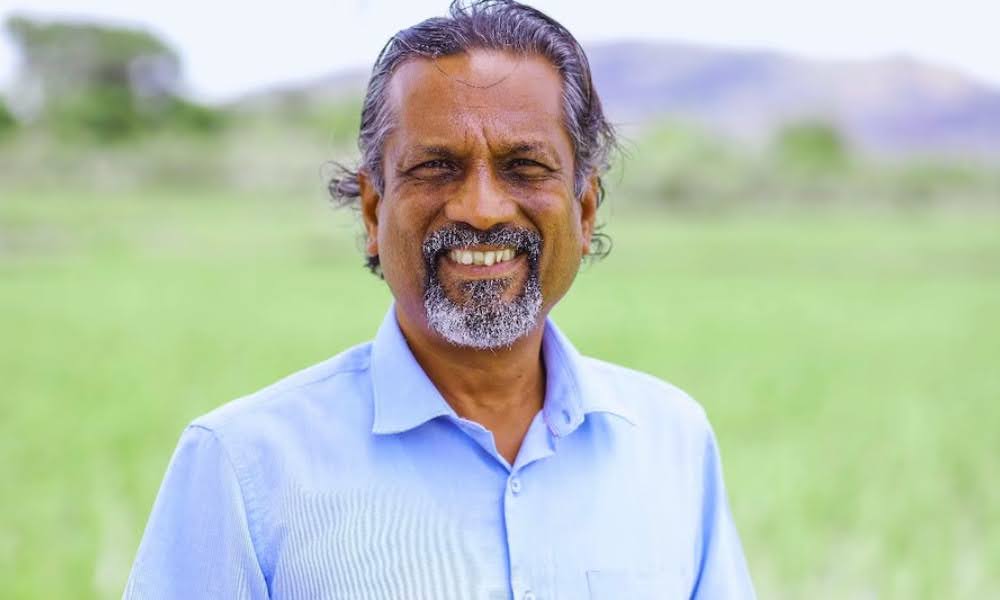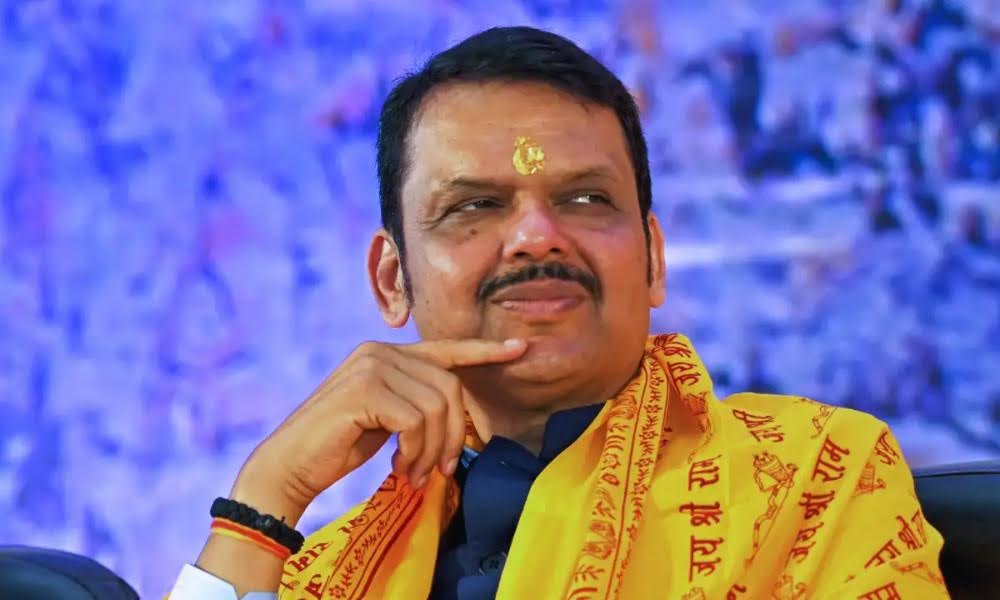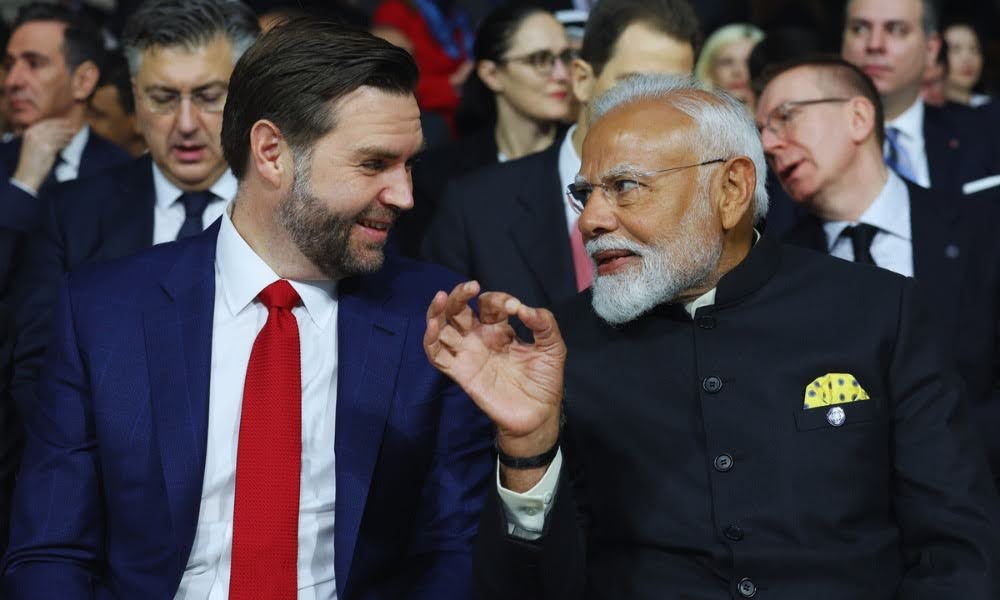Justice Yashwant Varma Transferred After Cash Discovery at Residence
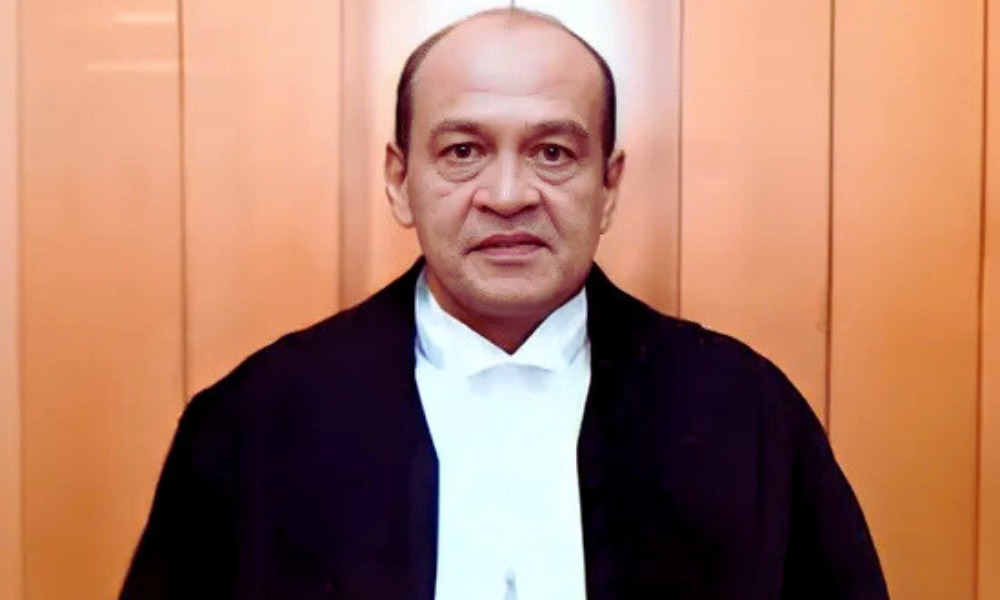
Justice Yashwant Varma of the Delhi High Court is being transferred to the Allahabad High Court following the discovery of a large sum of unaccounted cash at his official residence.
The decision was made by the Supreme Court Collegium, led by Chief Justice of India (CJI) Sanjiv Khanna, after the incident came to light.
Cash Discovery After Fire Incident
The discovery of the cash took place on March 14, during Holi celebrations. A fire broke out at Justice Varma’s official bungalow, prompting his family to call emergency services.
After extinguishing the fire, officials uncovered a significant amount of cash in one of the rooms. Justice Varma was reportedly out of town when the incident occurred.
Following the discovery, the matter was escalated to higher authorities in the government. The Supreme Court Collegium, after reviewing the situation, unanimously decided to transfer Justice Varma back to the Allahabad High Court.
Background of Justice Yashwant Varma
Justice Yashwant Varma was born on January 6, 1969, in Allahabad. He completed his B.Com (Honours) degree from Hansraj College, Delhi University, and obtained his LLB from Rewa University in Madhya Pradesh. He enrolled as an advocate on August 8, 1992.
Justice Varma began his career at the Allahabad High Court, where he handled constitutional, labour, industrial, corporate, and taxation matters.
He served as Special Counsel for the Allahabad High Court from 2006 until his elevation as Additional Judge on October 13, 2014. He became a Permanent Judge on February 1, 2016, before being transferred to the Delhi High Court on October 11, 2021.
Judicial and Public Reaction
The discovery of the cash has caused a significant stir within the legal community.
Senior advocate Arun Bhardwaj raised the matter before Delhi High Court Chief Justice DK Upadhyaya, saying, “Today’s incident has pained many of us. Please take some steps on the administrative side so that these incidents do not happen in the future and the truthfulness of the judicial system is maintained.”
Chief Justice Upadhyaya acknowledged the seriousness of the matter, stating, “So is everybody. We are conscious.”
Justice Varma did not hold court the day after the discovery, with the court master noting that the division bench was on leave. According to reports, Justice Varma has not yet responded to the allegations.
Supreme Court’s Response and Next Steps
The Supreme Court Collegium, consisting of five members, held a meeting to address the issue. Sources revealed that the Collegium took a serious view of the discovery, agreeing unanimously on Justice Varma’s transfer to his parent court in Allahabad.
While the transfer has been confirmed, sources indicate that further action may follow.
Some members of the Collegium argued that mere transfer might not be sufficient and suggested that Justice Varma be asked to resign.
If he refuses, an internal inquiry could be launched by the Chief Justice of India, which may lead to impeachment proceedings in Parliament.
Removal Process for High Court Judges
The process for removing a High Court judge is outlined in the Constitution under Article 124(4).
According to guidelines established by the Supreme Court in 1999, when allegations of misconduct arise, the Chief Justice of India first seeks a response from the accused judge.
If the explanation is deemed unsatisfactory, an in-house committee consisting of one Supreme Court judge and two High Court Chief Justices is formed to investigate the matter.
If the committee’s findings support the allegations, the Chief Justice may ask the judge to resign. If the judge refuses, the matter can be referred to Parliament, where removal would require a two-thirds majority vote in both the Lok Sabha and Rajya Sabha.
Political and Legal Community’s Response
Senior advocate and Rajya Sabha MP Kapil Sibal weighed in on the matter, calling for greater transparency in the judicial appointment process.
He stated, “The issue of corruption within the judiciary is very serious… This is not something articulated by senior councils and lawyers for the first time. It has been going on for years.”
Sibal emphasized the need for stricter measures to prevent such incidents, suggesting that corruption has worsened despite assurances from Prime Minister Narendra Modi.
He urged the Supreme Court to re-evaluate how judicial appointments are made to ensure greater accountability.
Potential Consequences for the Judiciary
The incident has raised concerns about the integrity of the judicial system. Some judges in the Collegium have expressed worries that the discovery of unaccounted cash at a judge’s residence could damage public trust in the judiciary.
They stressed that failure to take decisive action could undermine the credibility of the court and affect the public’s confidence in the justice system.
As the preliminary inquiry into Justice Varma’s conduct continues, the Supreme Court’s next steps will be closely watched. The outcome of the investigation could have lasting repercussions on the Indian judicial system and its public image.



